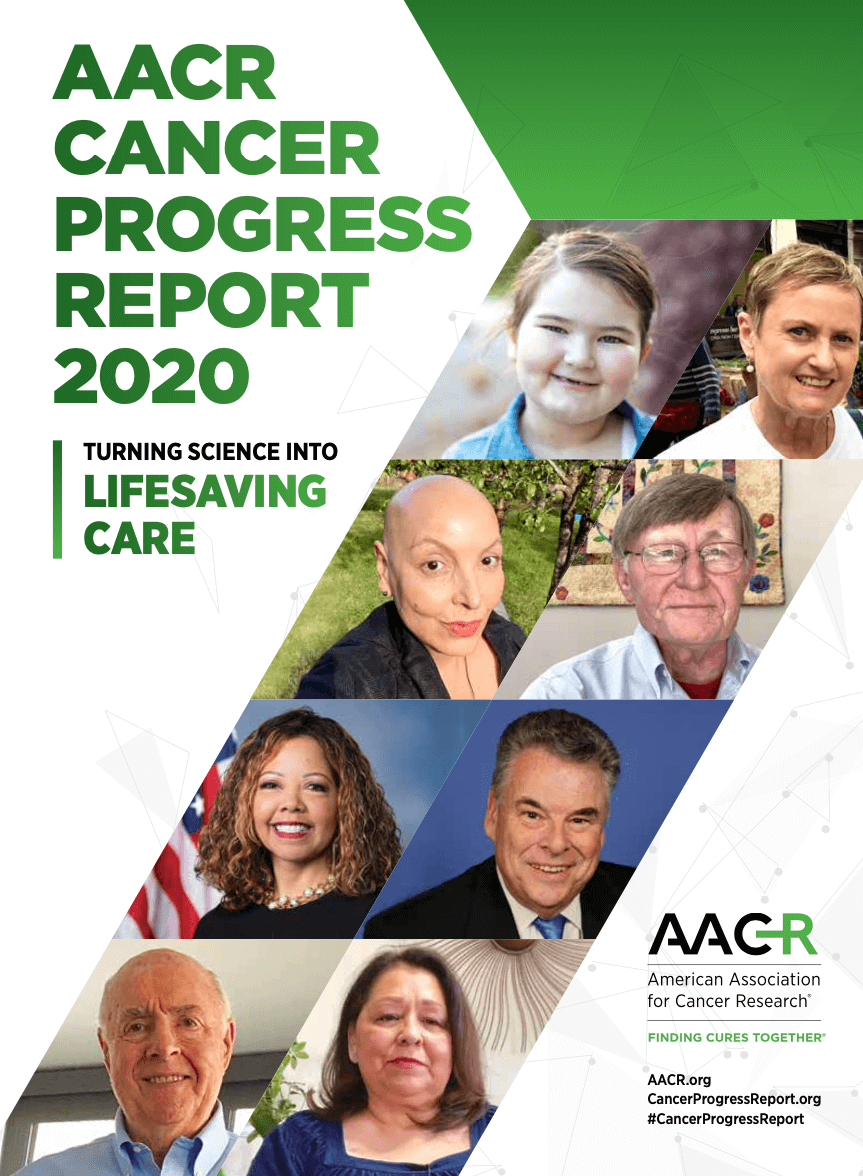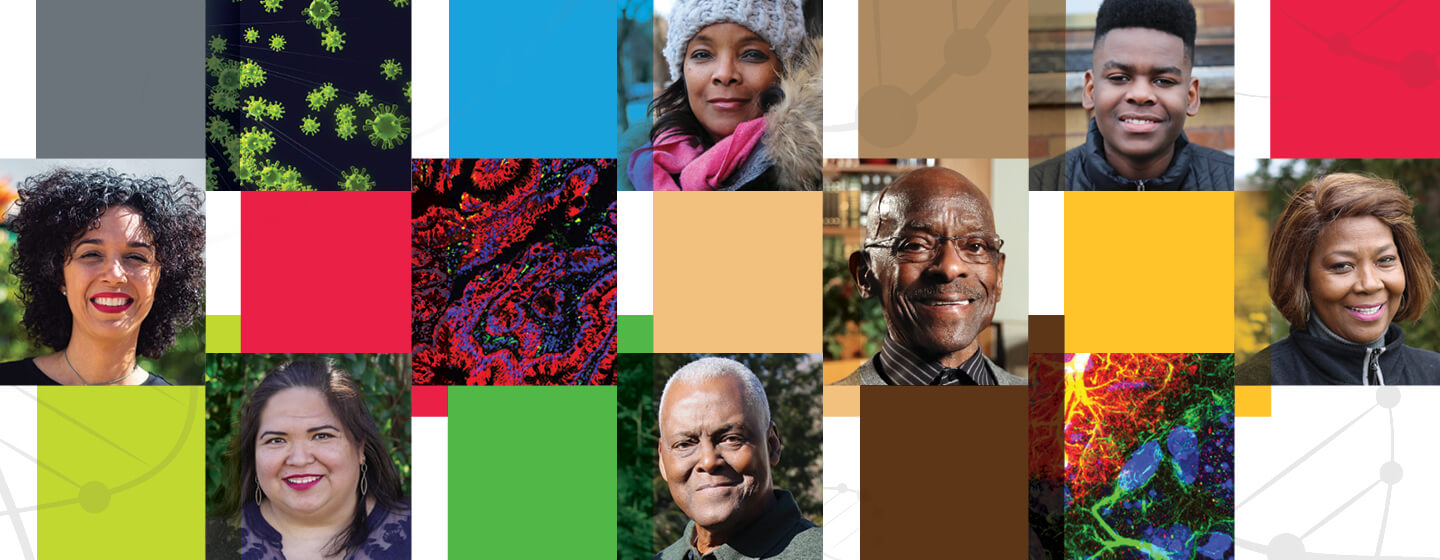Innovative Research Transforming Patient Care
This is an uncertain time for everyone around the world, including those working in the field of cancer science and medicine, patients with cancer, and their families and caregivers. In the United States, there has been remarkable progress against cancer over the past few decades. Overall cancer incidence and death rates are declining steadily, and the number of children and adults who are surviving longer after a cancer diagnosis has been increasing. Breakthroughs across the spectrum of cancer care made in 2020 alone include 19 new therapeutics approved by the U.S. Food and Drug Administration (FDA) for treating patients with various types of cancer. During this time, the FDA also approved 14 previously approved anticancer therapeutics for treating new types of cancer. However, our ability to continue the current pace of progress is in jeopardy because of the enormous global public health challenge posed by the COVID-19 pandemic.

The AACR Cancer Progress Report 2020 provides a comprehensive overview of the breakthroughs in cancer care that are being made because of medical research, much of which is supported by federal investments in the National Institutes of Health (NIH).
One of the areas of cancer treatment that continues to make extraordinarily rapid progress is immunotherapy, which refers to the use of therapeutics that harness the power of a patient’s own immune system to treat that patient’s cancer. In 2020, there were new approvals for using this exciting approach to treatment for several additional types of cancer, including the groundbreaking approval for the use of immunotherapy for treating certain adults and children with solid tumors characterized by the presence of a specific biomarker called tumor mutational burden–high (TMB-h). This advance allows patients whose tumors are TMB-h, such as Barbara Bigelow (above) to be able to receive treatment with the checkpoint inhibitor pembrolizumab.
Remarkable advances in our understanding of the biology of cancer, including the identification of numerous genetic mutations that fuel tumor growth in certain patients, are continuing to drive the development of new therapeutics that target specific molecules involved in cancer. Sixteen of the 19 new therapeutics approved in 2020 belong to this category of molecularly targeted therapeutics. These therapeutics are part of the precision medicine revolution, which is ensuring that more and more patients, such as Ferda Martin (right), live longer, higher-quality lives after a cancer diagnosis and which holds immense promise in our future progress against cancer.
As AACR President (2020–2021) Antoni Ribas, MD, PhD, noted in the AACR Cancer Progress Report 2020, “In the next 10 years, I expect that scientific discoveries will ignite another revolution in cancer treatment and further improve outcomes for patients with cancer.”
With the number of cancer cases diagnosed in the United States rising every year, it is vital that the AACR increase public understanding of cancer and the importance of cancer research for saving lives. These efforts are more important than ever this year given the serious disruption in cancer research and care that has been caused by the COVID-19 pandemic. The annual AACR Cancer Progress Report is a cornerstone of these educational efforts and the AACR’s efforts to advocate for increased annual federal funding for government entities that drive progress against cancer and improve public health—in particular, the National Institutes of Health (NIH), National Cancer Institute (NCI), FDA, and Centers for Disease Control and Prevention (CDC).

Ferda Martin
Cancer Survivor
